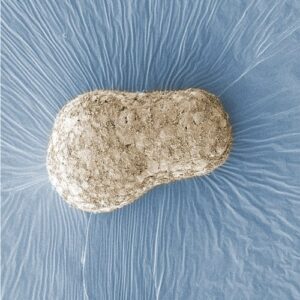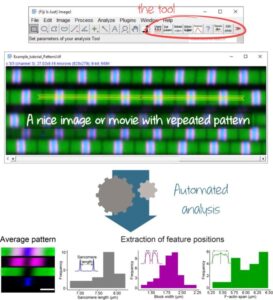EMBO announces that 67 researchers have been elected to its membership. Through this lifelong honour, new EMBO Members and Associate Members are recognized for their outstanding achievements in the life sciences.
The newly elected members reside in 22 countries. The 58 new EMBO Members are based in 15 member states of the EMBC, the intergovernmental organization that funds the major EMBO Programmes and activities. The nine new EMBO Associate Members reside in seven countries: Argentina, Australia, Canada, China, India, Singapore, and the US.
“The new EMBO Members and Associate Members are exceptional scientists, who carry out leading research across a variety of fields, ranging from cell biology and cancer to vaccine development and machine learning,” says EMBO Director Fiona Watt. “I am delighted to welcome them to EMBO, and I know that they will enrich the life of the organization immensely.”
Members provide guidance and support for EMBO activities, for example by evaluating funding applications, serving on EMBO Council and committees, or joining the editorial boards of EMBO Press journals. Through their involvement, members help to shape the direction of life sciences, foster the careers of young researchers, and strengthen the research communities in Europe and beyond.
Source : European Molecular Biology Organization (EMBO)
Frank Schnorrer joined the IBDM in 2016 as CNRS Research Director, moving his group from the Max Planck Institute of Biochemistry in Munich. His group of ‘Muscle Dynamics’ is investigating the biomechanics of muscle morphogenesis with a particular focus on the mechanisms how muscles assemble their contractile sarcomeres and how these sarcomeres are serviced in the living animal to remain functional throughout life. To understand these fundamental questions Frank’s group uses Drosophila in vivo and human iPSC in vitro models.
Frank’s group is member or the StuDySARCOMERE consortium, an an international consortium of four research groups, supported by a Synergy Grant from the European Research Council (ERC) to study the nanostructure of muscles and the causes of muscular diseases.




